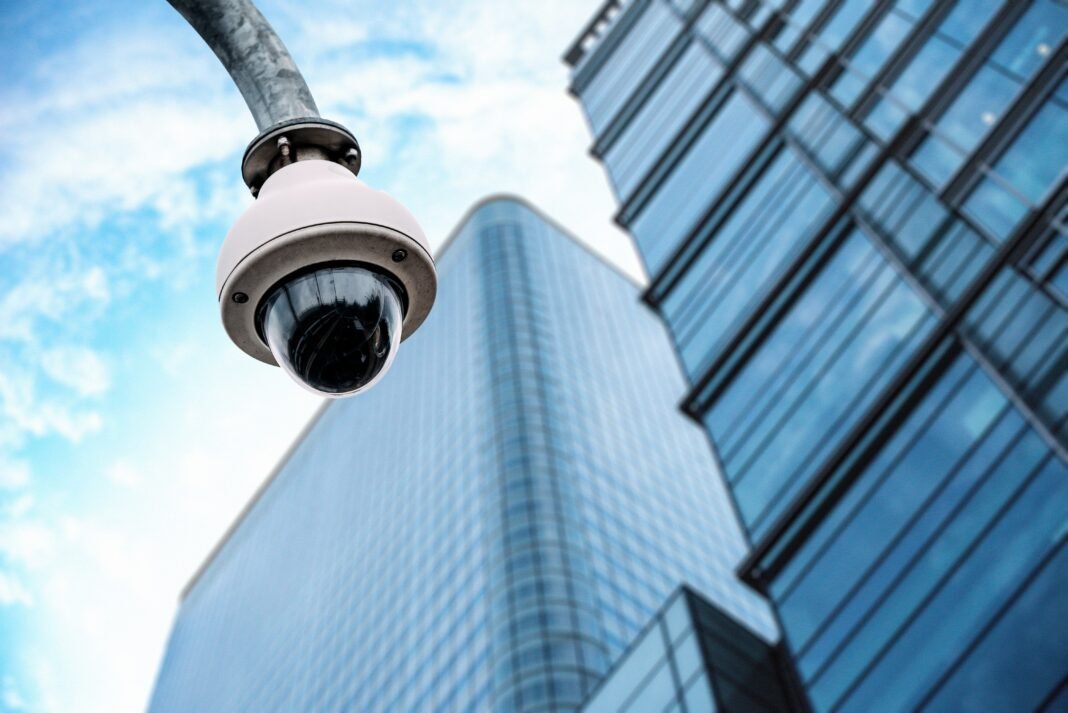Police forces in Rio de Janeiro and São Paulo are expanding the use of advanced surveillance technologies, including body cameras, facial recognition, and license plate readers, to enhance crime prevention and investigation. In Rio, the Military Police plans to acquire new body cameras with integrated recognition systems, adding to the 13,000 devices already in use—technology that has contributed to nearly 600 arrests in less than 18 months. Meanwhile, São Paulo is equipping police and municipal guard motorcycles with cameras connected to the Smart Sampa monitoring system, aimed at tackling crimes often committed with motorcycles using fake license plates. The initiatives also show growing integration between public and private monitoring networks, while raising regulatory issues, as seen in Rio’s order for a private company to remove unauthorized cameras from public areas.
This Content Is Only For Subscribers
To unlock this content, subscribe to INTERLIRA Reports.
New Body Cameras in Rio
Later this year, the Rio Military Police will open bidding to purchase new body cameras for officers, featuring both facial recognition and license plate recognition technology. While the exact number of devices has not yet been confirmed, it is expected to surpass the 13,000 body cameras already deployed. The announcement was made by Major Agdan Fernandes, Director of Technology Infrastructure at the Integrated Command and Control Center of the Rio Military Police (PMERJ), during a seminar.
Facial Recognition
Since its implementation, the facial recognition system alone has led to nearly 600 arrests in less than a year and a half of operation. According to Major Agdan, this figure represents more than 10% of all arrest warrants issued by the Military Police during that period.
Unauthorized Cameras
In a separate development, Rio City Hall has ordered the video monitoring company Gabriel to relocate more than 400 cameras installed in public spaces. The municipality cited the existence of its surveillance system and the requirement for private companies to obtain authorization before placing equipment in public areas. Gabriel has reportedly been fined five times for irregularities involving its devices.
Motorcycle Cameras in São Paulo
In São Paulo, Governor Tarcísio de Freitas (Republicans) and Mayor Ricardo Nunes (MDB) announced on Monday (11/08) the delivery of the first 100 cameras to be mounted on Military Police and Metropolitan Civil Guard (GCM) motorcycles. These devices, connected to the Smart Sampa monitoring center, will feature facial recognition to identify criminal suspects, wanted individuals, and stolen vehicles. Fifty cameras will be installed on Military Police motorcycles and another fifty on GCM motorcycles, with plans for further expansion in the coming months.
Integration
Governor Tarcísio also mentioned the Muralha Paulista program, the state government’s surveillance camera system, which is already integrated with Smart Sampa. Plans include expanding agreements with private companies to gain access to images from their camera networks, further strengthening monitoring capabilities.
Fake License Plates
Mayor Nunes noted that crimes such as robbery and theft are often committed by motorcyclists, some of whom use fake license plates to avoid identification. A report by O GLOBO revealed that in June, a fake license plate was detected every eight minutes in São Paulo—most of them on motorcycles. The city recorded 5,579 such incidents in that month alone, averaging 185 per day. These counterfeit plates, which can be purchased online for between R$20 and R$30, remain a growing concern for law enforcement.
Analysis:
In recent years, Brazil’s public security landscape has been increasingly influenced by the integration of advanced surveillance technologies, signaling a shift toward data-driven policing and real-time monitoring. In Rio de Janeiro, the planned expansion of body cameras with facial and license plate recognition capabilities builds on an existing system that has already delivered measurable results—nearly 600 arrests in under 18 months. This suggests a strong operational impact, particularly in executing arrest warrants.
In São Paulo, the deployment of cameras on police and municipal guard motorcycles, connected to the Smart Sampa network, directly addresses high-mobility crimes, such as robberies committed with motorcycles and the widespread use of fake license plates. The integration with the Muralha Paulista program and partnerships with private camera networks could significantly broaden monitoring coverage, but this also raises concerns about oversight, interoperability, and the potential for misuse of data.




